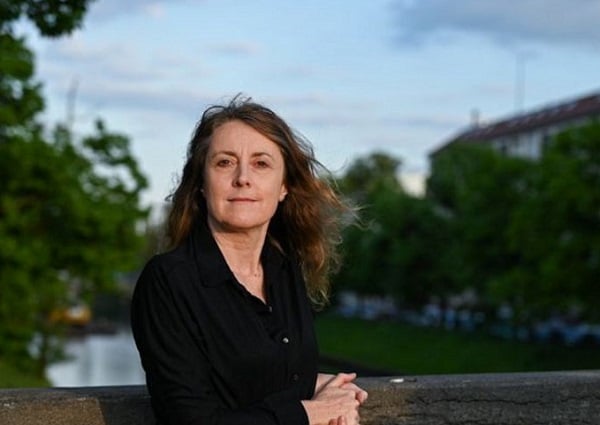The Cambridge University Press has reacted to the backlash that trailed Trish Lorenz’s statement about the EndSARS protests.
Lorenz, the UK author based in German, wrote a book named ‘Soro Soke’ after a Yoruba-sourced phrase meaning “speak out”.
The phrase is a popular term used by Nigerians during the #EndSARS protest against police brutality in 2020.
The publication won her the 2021/2022 Nine Dots Prize which lauds creative thinking that tackles contemporary societal issues.
In her book, Lorenz, who is based in Berlin, examined the bravery of youths who led the movement and featured the views of some Nigerians who took part in the demonstration.
But in an interview, which has now been updated, the author claimed she named the protesters “Soro Soke generation”.
“This cohort exhibits a confident outspokenness and a tendency for creative disruption, leading me to name them the Soro Soke generation,” she said.
An archived version of the initial interview containing the infamous gaffe can be found here.
Lorenz would come under criticism on social media, with many Africans alleging cultural misappropriation.
In reaction, Cambridge University Press, Crassh (which published the interview), and The Nine Dots Prize issued a joint statement admitting to the author’s faulty statement.
It clarified that the interview had been updated and described the author’s gaffe as “unintentional”.
— Cambridge University Press (@CambridgeUP) May 30, 2022
Advertisement— The Nine Dots Prize (@NineDotsPrize) May 30, 2022
“There was no intention by Trish Lorenz or anyone involved with the book, to suggest that Trish invented the phrase ‘Soro Soke Generation’,” the joint statement read.
“No such claim was made in the book. Rather, it was an unintentional turn of phrase in a single interview, the text of which has now been corrected.
“Soro Soke was chosen as its title due to its use as a rallying cry and call for change among young protestors in Nigeria, something which is made clear in the book.”
Some people — especially from Nigeria — had put up a petition demanding the recall of Lorenz’s book.
“Soro Soke is a Nigerian movement. One that came with our blood, sweat, and tears. We are yet to recover from the aftermath,” the petition read in part.
“This is a Nigerian story to tell and we have Nigerians who are qualified to tell it. We have already told it without support or visibility. African stories must be told by African people.”
Copyright 2024 TheCable. All rights reserved. This material, and other digital content on this website, may not be reproduced, published, broadcast, rewritten or redistributed in whole or in part without prior express written permission from TheCable.
Follow us on twitter @Thecablestyle

